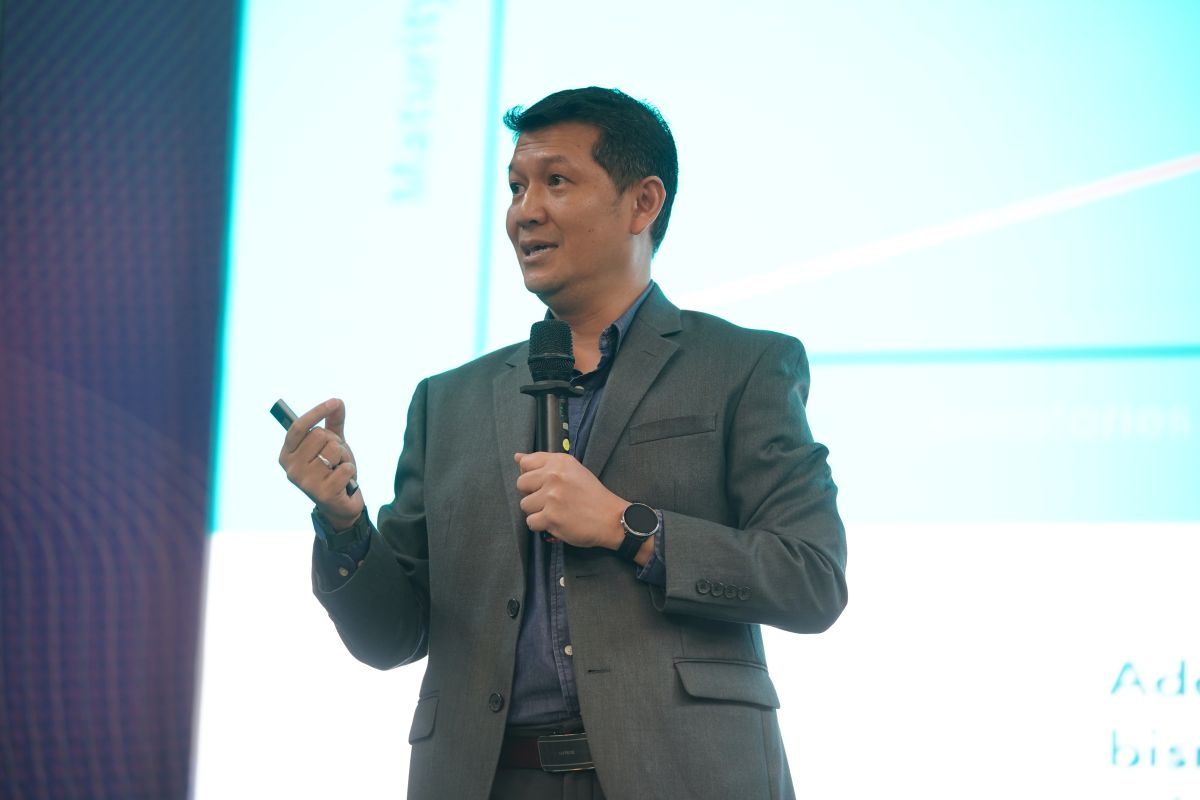LPPM ITB Discussion Series: Water Management Development for Community Welfare
By Adi Permana
Editor Adi Permana

BANDUNG, itb.ac.id—On Thursday (24/06/2021), a forum group discussion on water research by Institute for Research and Community Service (LPPM) ITB was held online via Zoom and YouTube. Secretary for Research Division of LPPM ITB Dr. Rino Rakhmata Mukti opened the discussion. The discussion was moderated by Hadi Kardhana from Water Resources Expertise Group and brought by Prof. Shane A. Snyder, Ph.D as the main speaker.
Director of Nanyang Environment & Water Research Institute (NEWRI), Prof. Shane A. Snyder, Ph.D brought the discussion which was titled “Implementation of Best Available Technology in Communities of Greatest Needs: Challenges and Opportunities”. He argued that the existence of clean water and its uses determines a community’s development. Climate change also takes part in affecting clean water availability.
“The question is, can we build water systems and technologies that fluctuate with climate change to help communities that are affected by climate change itself?” Shane said.
Regarding this, NEWRI and Indonesian Institute of Sciences (LIPI) collaborated in developing bioreactor technology in Indonesia, a technology to convert wastewater with a high COD concentration into biogas.
“Zebrafish embryos are used to monitor water quality and detect if there are toxins in the water,” Shane said. NEWRI has used these embryos in a river located in Nepal right before the pandemic happened, as an effort to help India in building a clean water management system.
The membrane technology research team in NEWRI has also built and commercialized a membrane that mimics the action of aquaporins, named the world’s first biomimetic membrane technology. The membrane blocks salt inflow into the membrane and recycles water using less energy.
“There is no doubt that this membrane technology development will lead to invention of nanofiltration—a membrane that removes impurities in water, except sodium chloride on atomic level,” explained Shane. This technology is believed to help save costs in seawater desalination process.
NEWRI, on the other hand, has also developed inorganic membrane technology to establish overall water management technology. This technology would be very beneficial for communities that are affected by wastewater.
Further, Shane explained that the sensor and modeling technology was also used to monitor sea water quality. NEWRI has installed its technology in Jakarta in order to identify the purity of water due to earthquakes.
Shane emphasized how water management technology is useful for communities which are affected in his nearly two hour presentation. Those who were isolated from the clean water privilege, can now enjoy its benefits. As the saying goes, there is always opportunity in every hardship. “Now it’s just the matter of how can we turn these challenge in water management into golden opportunities in creating clean water,” he finally said.
Reporter: Zahra Annisa Fitri (Perencanaan Wilayah dan Kota, 2019)
Translator: Tamara Maharani Alamsyah (Seni Rupa, 2020)



.jpg)

.jpg)

